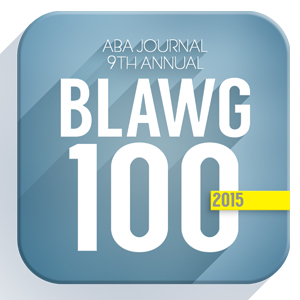Update: CAT3 Dismissed, Along with Motion for Sanctions
CAT3, LLC v. Black Lineage, Inc., No. 14 Civ. 5511 (S.D.N.Y. Apr. 4, 2016)
On April 4, the parties in this case stipulated to dismissal, with prejudice, of all remaining claims in the case and Defendants have withdrawn their motion for sanctions and acknowledged that, in light of “various evidence” provided by Plaintiffs, “neither Plaintiffs nor any of their owners or agents engaged in any discovery misconduct or wrongdoing . . . .”
A copy of the Joint Stipulation is available here.
Click here to read the original case summary addressing the application of recently-amended Fed. R. Civ. P. 37(e).

